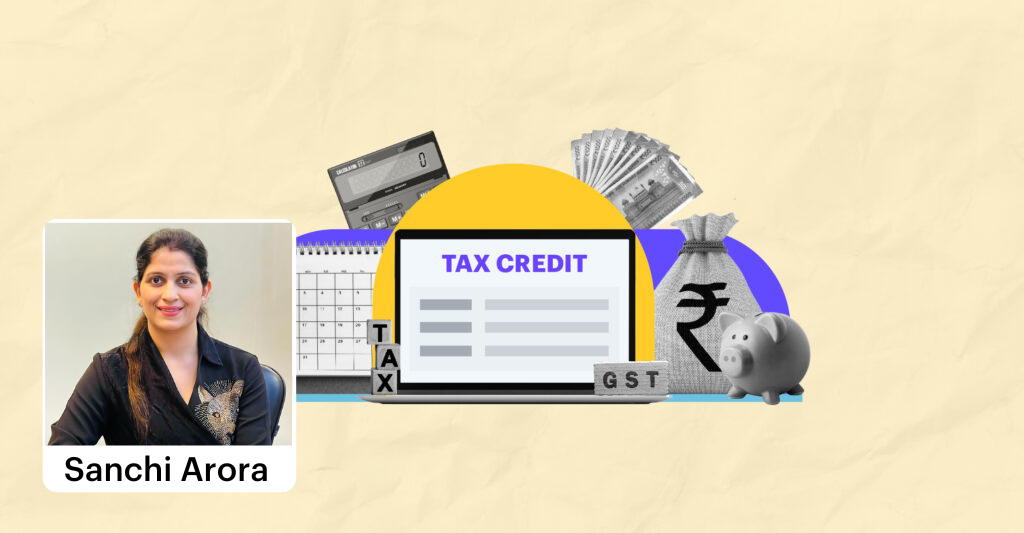Last Updated on Jan 2, 2024 by Harshit Singh
Ever felt that sinking sensation when tax cuts into your hard-earned money? Imagine if you could lessen that, while keeping your finances on track! Welcome to the world of tax-efficient investing.
Table of Contents
What is ‘Tax-Efficient Investing’?
Investing tax-efficiently involves tapping into investments that give you tax perks, letting you hold onto more of your cash. For those in India, clever choices can greatly lessen tax burdens. You can do this using a variety of smart moves, including:
Go for tax-free tools
- Public Provident Fund (PPF): A scheme backed by the government, it offers enticing interest rates and totally tax-free returns.
- Equity-Linked Savings Scheme (ELSS): This type of mutual fund bets on equity. The bonus? Tax deductions on long-term capital gain up to Rs 1,00,000 annually.
- Unit Linked Insurance Plans (ULIPs): A double whammy! It mixes insurance with investment, giving tax breaks on premiums paid and the total amount received at maturity.
Using tax-deferred methods
- National Pension System (NPS): You can get tax benefits from your NPS account. How? It’s up to ₹2,00,000 each year for every person. By investing this, you get a tax cut of ₹1,50,000 (this is under Section 80C). Plus, you get another ₹50,000 under Section 80CCD(1B).
- Senior Citizens Savings Scheme (SCSS): This is a government plan. It’s especially for seniors. It has good interest rates and tax advantages. Any money put into SCSS can get tax benefits. How much? It’s under Section 80C of the Income Tax Act and goes up to ₹1.5 lakh in a financial year. But remember, the interest is taxable.
Optimising capital gains
- Investing in long-term assets: If you own equity or equity mutual funds for over a year, they’re known as long-term capital gains (LTCGs). The tax for these is lower, standing at 10%.
- Harvesting losses: Offloading investments that aren’t doing well can counterbalance your capital gains, leading to smaller tax bills.
Mixing up your investments
Allocating your funds to various types of assets can control danger and perhaps decrease your total tax expense.
Understanding Systematic Withdrawal Plans (SWP)
If you put money in mutual funds, SWP could be your tax-savvy friend. It provides regular income. Taking out a set amount might lead to smaller taxes on profit. This is different than if you took it out all at once.
Stay Aware of Tax Deductions
You could be overlooking tax deductions. Things like health insurance, NPS, and home loans can give tax breaks. Different parts of the Income Tax Act cover this. Stay alert to increase your savings.
How to Be Tax Efficient?
- Think Ahead: Aiming for long-term investments can lead to tax-friendly benefits and reduced long-term capital gains (LTCG) rates.
- Stay Updated: Make sure to stay in the know about the newest tax laws and modifications to capitalise on fresh chances.
- Get Expert Guidance: Enlisting the help of a financial advisor can shape a tax-smart investment strategy tailored for you.
Final Thought
Don’t forget smart investing involves good strategy and staying updated on tax changes. By pairing your investments with tax deductions and using intelligent money habits, you can lessen your tax payments. This lets more of your cash continue to work for you.
As always, it’s advisable to consult with a tax professional to tailor these strategies to your financial situation.
Disclaimer: This newsletter is for informational purposes only and should not be considered investment advice. Please consult with a financial advisor before making any investment decisions.



